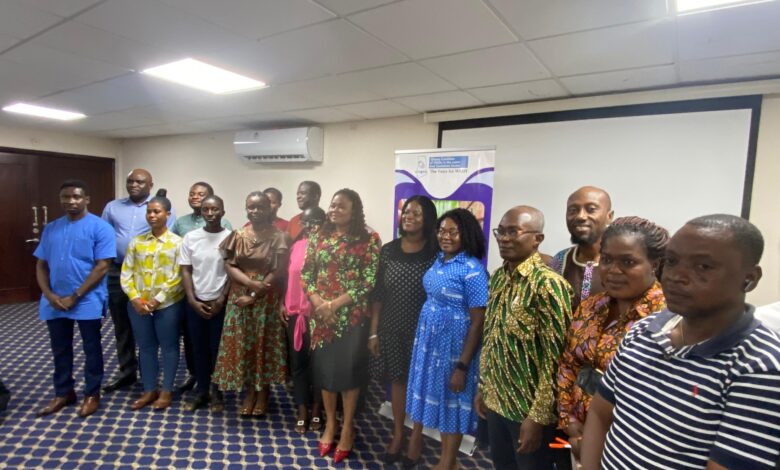Ahead of the 2024 Election: NPP, NDC, and CPP Endorse CONIWAS’s 2024 WASH Manifesto

As Ghana strives to achieve universal access to basic water and sanitation by 2030, in line with Sustainable Development Goal (SDG) 6, it is important to note that while 87.7% of the population currently enjoys access to basic water services, sanitation access remains a significant concern at only 25.3%, with widespread open defecation still prevalent. The challenges presented by climate change and funding shortages are substantial, necessitating an annual investment of $1.7 billion to address these gaps effectively.

In response, the ruling New Patriotic Party (NPP), the National Democratic Congress (NDC), and the Convention People’s Party (CPP) have formally signed the Coalition of NGOs in Water and Sanitation (CONIWAS) 2024 WASH (Water, Sanitation, and Hygiene) Manifesto, committing to its principles should they be elected.
During a recent dissemination forum attended by media representatives and stakeholders in Accra, Madam Basilia Nanbigne, Executive Secretary of CONIWAS, outlined the significance of the manifesto. She articulated that the 2024 WASH Manifesto serves as a vital advocacy tool designed to guide the incoming government in identifying and prioritizing key issues within the WASH sector.
The manifesto highlights several essential themes, including:
– The political prioritization of WASH services
– The necessity for increased financing of WASH initiatives
– The recognition of climate change as a threat to water resources
– The critical links between WASH, public health, and livelihoods
Madam Nanbigne emphasized that the prioritization of WASH at the political level is crucial, as it directly influences resource allocation within the sector. She expressed a desire to see an increase in WASH budgeting at the local government level, citing the current allocations as insufficient and stressing that enhanced budget support would lead to improved health and educational outcomes.

Furthermore, she urged both the current and future governments to acknowledge the substantial impact of WASH on economic development, noting its relevance to sectors such as agriculture, health, education, and commerce. She highlighted that adequate investment in sanitation service delivery is essential for enhancing productivity, as it helps to reduce the prevalence of infectious diseases and minimizes the associated loss of working hours.
The manifesto advocates for political leadership to integrate WASH considerations into planning and budgeting processes, ensure timely fund allocation, and promote maternal health and education through enhanced WASH services. Additionally, it calls for improved institutional alignment to strengthen coordination between the WASH sector and other critical sectors, such as health, climate, and agriculture, while emphasizing the importance of data-driven decision-making.
Overview of the CONIWAS Manifesto
The CONIWAS WASH Manifesto outlines Ghana’s challenges in meeting SDG 6, providing a framework for necessary actions to progress towards these goals by 2030. The document encompasses:
- Background: An examination of the challenges Ghana faces in achieving SDG 6, with a focus on disparities in access to water and sanitation services.
- Advocacy Goals: A call to political parties participating in the 2024 elections to prioritize WASH initiatives, enhance financing, and address climate-related challenges.
- Commitments: An appeal for policies that improve WASH access within healthcare, education, and community settings, emphasizing the relationship between WASH, economic growth, and public health.
- Actionable Pledges: A series of proposed steps, including institutional alignment and robust monitoring, aimed at establishing WASH as a fundamental element of sustainable development.
The manifesto seeks to engage all relevant stakeholders in the improvement of WASH services across Ghana, ensuring universal access and effective management by 2030.
